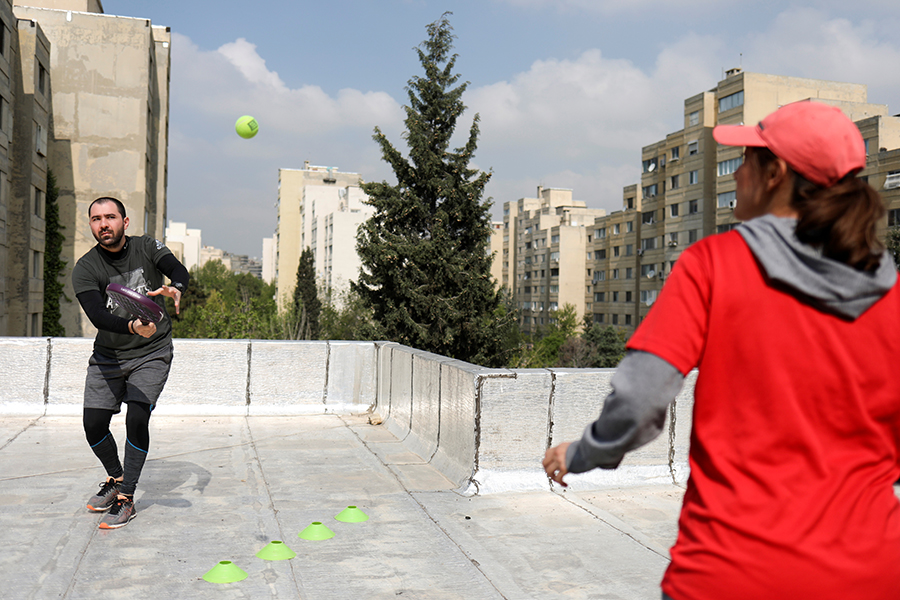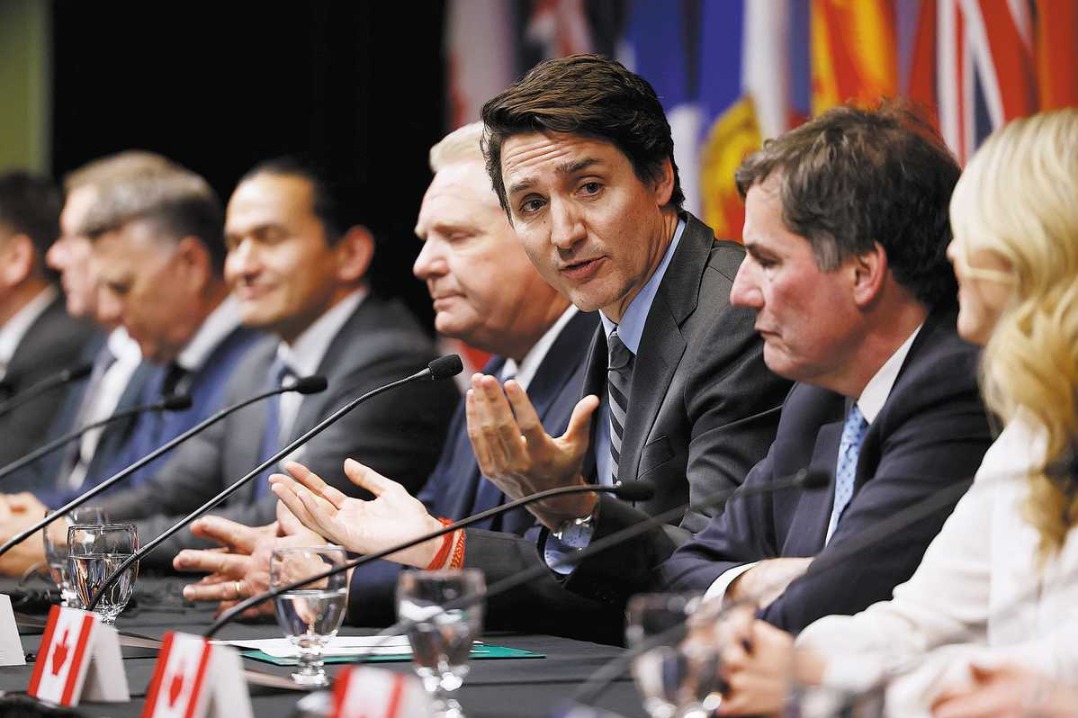Iran gets back to business, but remains watchful


High-ranking officials were not spared.
On March 2, a council member advising Iran's supreme leader died from the disease at a Teheran hospital-the first top official to succumb to the virus, which has infected some members of the Islamic republic's leadership.
Fatemeh Rahbar, who had just been elected to parliament in Teheran, died from the virus on March 7.
The outbreak hit the country just weeks before Nowruz, the Iranian New Year holiday in late March-traditionally a time for mass gatherings and festivities.
During the two-week celebration period, the number of newly confirmed cases in Iran peaked. A total of 1,028 such cases was reported on March 22, while eight days later, a record 3,186 new cases were confirmed.
Door-to-door screening
Since the start of the outbreak, Iran has made every effort to curb the spread of the virus.
Since March 3, health authorities have formed some 300,000 teams to conduct door-to-door screening. These tests have helped locate those infected with the virus and have cut off transmission routes.
Key companies and factories were authorized by the government to speed up production of detergents, disinfectants and other hygiene products to meet huge demand.
The army has joined health officials and medical workers in battling the virus.
































